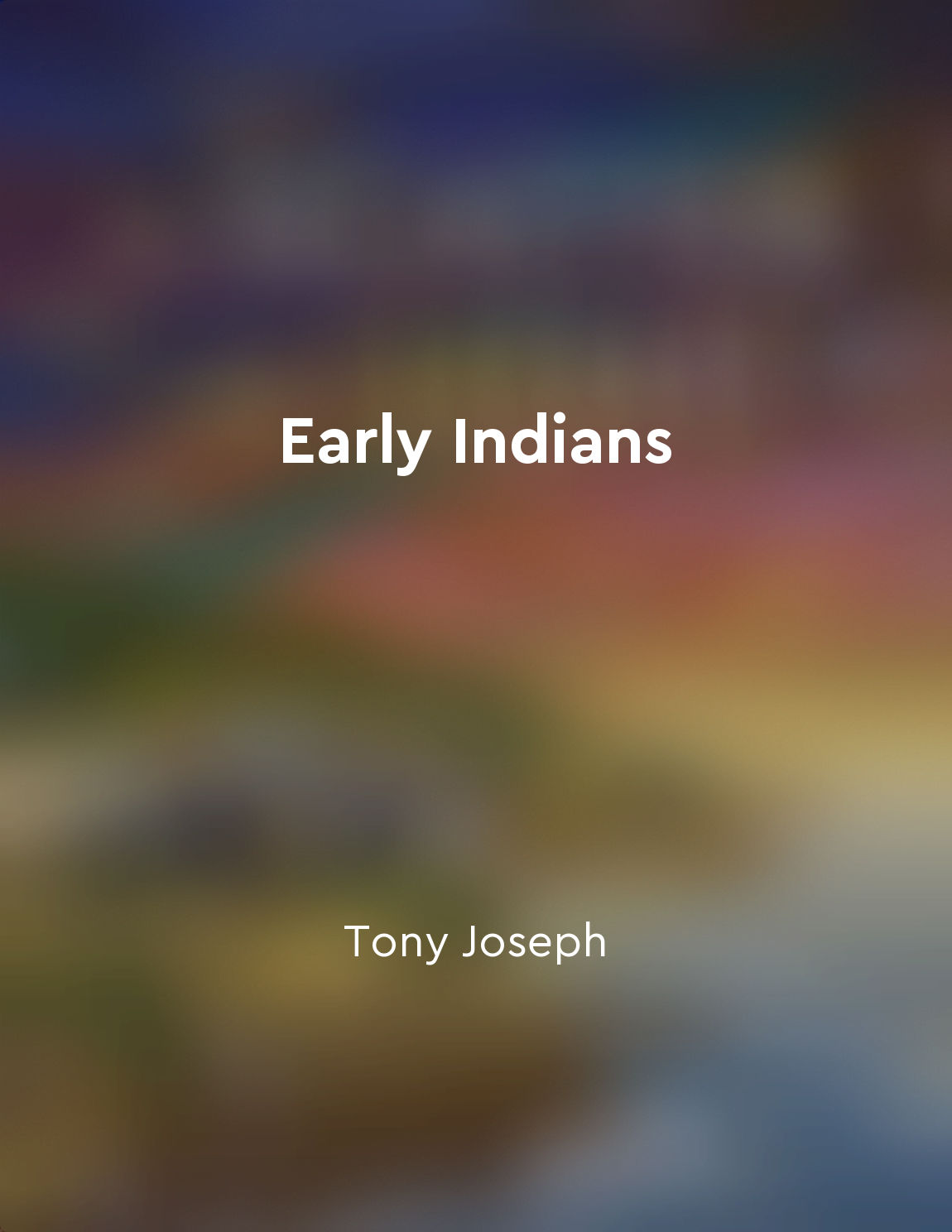Trade and agriculture were vital aspects of Vedic society from "summary" of The Ancient History of India, Vedic Period by K. C. Singhal,Roshan Gupta
Trade and agriculture played crucial roles in the development of Vedic society. The Vedic people were primarily pastoralists and agriculturists, relying on cattle rearing and cultivation of crops for their sustenance. Agriculture was the backbone of the economy during this period, with the Vedic people cultivating a variety of crops such as barley, wheat, rice, pulses, and vegetables. The surplus agricultural produce was traded with neighboring tribes and communities, establishing a system of exchange and commerce. Trade was not only limited to agricultural products but also extended to other goods such as pottery, metal tools, and textiles. The Vedic people engaged in long-distance trade with regions like Mesopotamia, Central Asia, and the Middle East, facilitating the exchange of goods and ideas. This trade network helped in the diffusion of technologies, beliefs, and cultural practices, enriching the Vedic society. The rivers, especially the Indus and Saraswati, played a crucial role in facilitating trade and commerce...Similar Posts
Indus Valley Civilization was a prominent ancient civilization
The Indus Valley Civilization holds a significant place in ancient history due to its prominence and advanced urban planning. T...

Cultural exchange enriched Indian society
The mingling of different cultures through trade, travel, and conquest added layers of richness and complexity to Indian societ...
The influence of Vedic traditions persists in modern India
The impact of Vedic traditions on modern India is undeniable. Despite the passage of thousands of years, the essence of these a...
The importance of agriculture and trade in Indian history cannot be overstated
Agriculture and trade have played a crucial role in shaping the history of India. The significance of these two aspects cannot ...
Geographic barriers isolate societies
Geographic barriers such as mountains, deserts, and oceans can significantly impact the development of societies by isolating t...
Business leaders navigated through challenges
The history of business in India is a narrative of challenges and opportunities. Business leaders, whether entrepreneurs, indus...
Innovation and technology spread along the routes
The Silk Roads were not just conduits for the exchange of goods, but also for the flow of ideas, innovations, and technology. A...
Trade and agriculture were vital aspects of Vedic society
Trade and agriculture played crucial roles in the development of Vedic society. The Vedic people were primarily pastoralists an...
Strategic partnerships enhance connectivity
Strategic partnerships between different regions, nations, or empires have long played a crucial role in enhancing connectivity...
